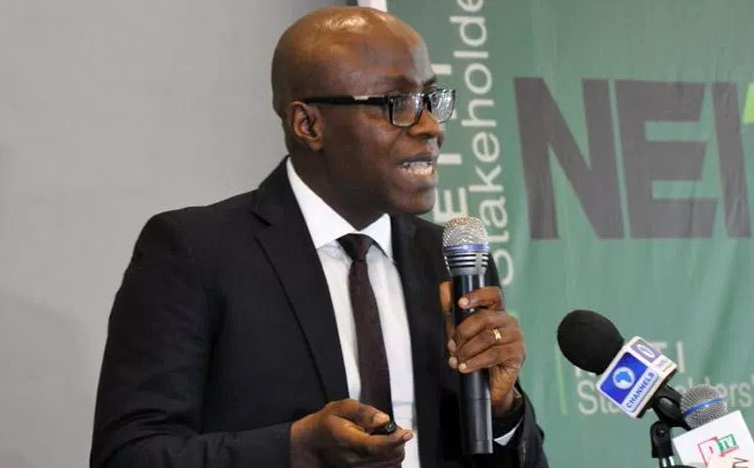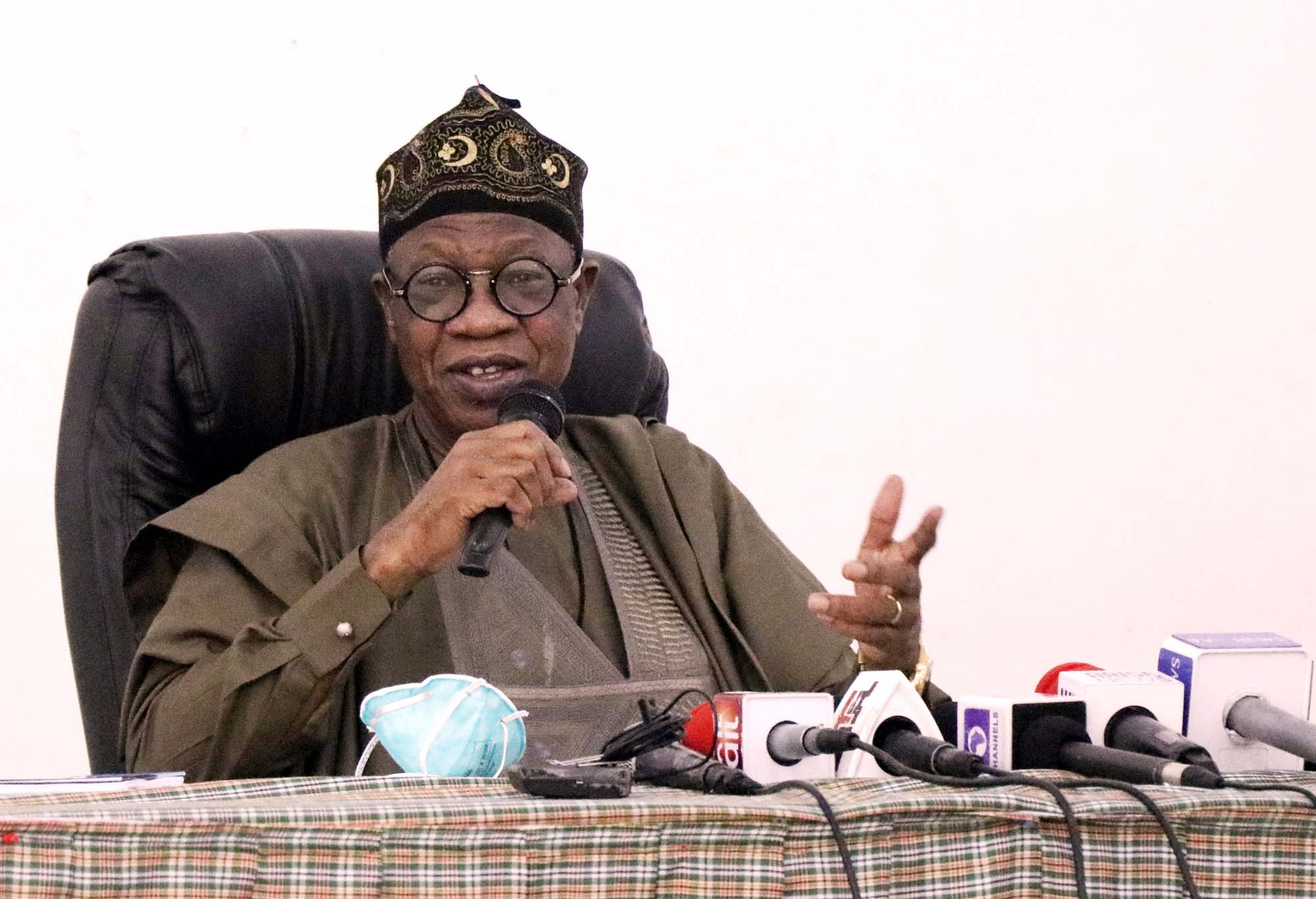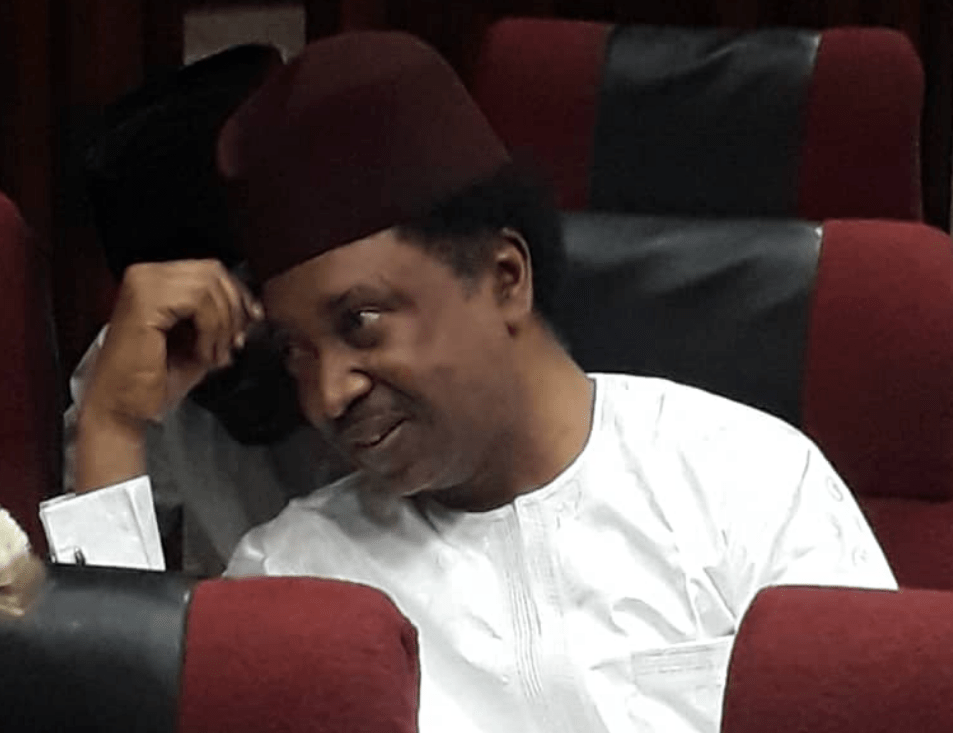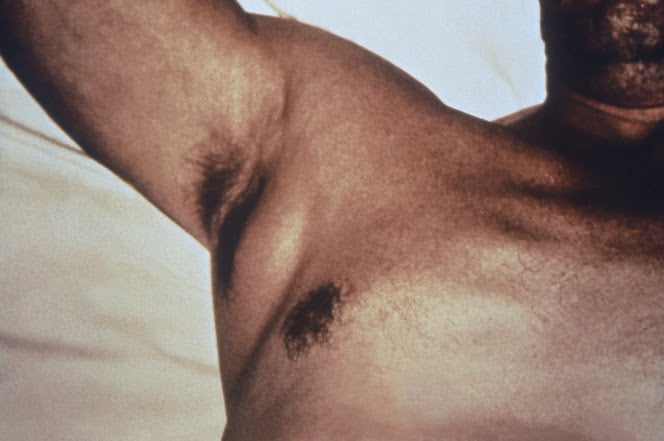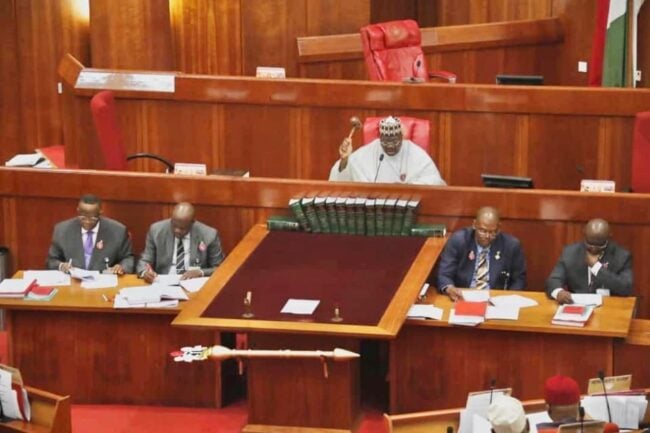Innocent Ujah, president of the Nigerian Medical Association (NMA), says Nigerians should not wait until bodies litter the streets before they obey COVID-19 guidelines.
He said the gap in sensitisation is the reason some citizens think the disease is a hoax.
In an interview with The PUNCH, Ujah said more sensitisation should be done to inform citizens about the disease.
So far, Nigeria has recorded 29,286 cases of COVID-19.
Advertisement
While 11,828 patients have recovered from the disease, 654 people have died, according to data provided by the Nigeria Centre for Disease Control (NCDC).
Ujah said he is yet to see the “active involvement” of the National Orientation Agency (NOA) in sensitising the people.
“So many Nigerians do not believe that there is COVID-19, and I will say that it is this gap in sensitisation of the people about the disease that is responsible. I think Nigerians should listen to experts and do what they are saying,” he said.
Advertisement
“This is not politics but science. And because it is about science, we have to produce evidence but we do not have to wait until dead bodies are littering the streets before we begin to comply with safety protocols.
“We have 774 local government areas in the country and what I have not seen is the active involvement of the National Orientation Agency in sensitising the people.”
The NMA president also said traditional and religious leaders should be involved in sensitising citizens.
“You know that some states, including Kogi and Cross River are still in denial despite attempts by the Nigerian Medical Association to make them see reasons that it is not something we can wish away; it is one we need to act on and respond appropriately to so that our people do not get infected heavily as a result of denial. So, the appropriate messages should be sent out,” he said.
Advertisement
“I know that the print and electronic media are doing well in this regard, but how many people have steady power supply to be able to follow up on the PTF’s daily briefings in the electronic media and also given the fact that our reading culture is still very poor and therefore many people may not be able to follow up in the print media.
“So, the best way is to involve our own traditional means of communication and that requires the involvement of traditional rulers, religious leaders and leaders in the communities so that they can take it as part of their responsibilities to inform the people about the disease and its dimensions.”
Add a comment


